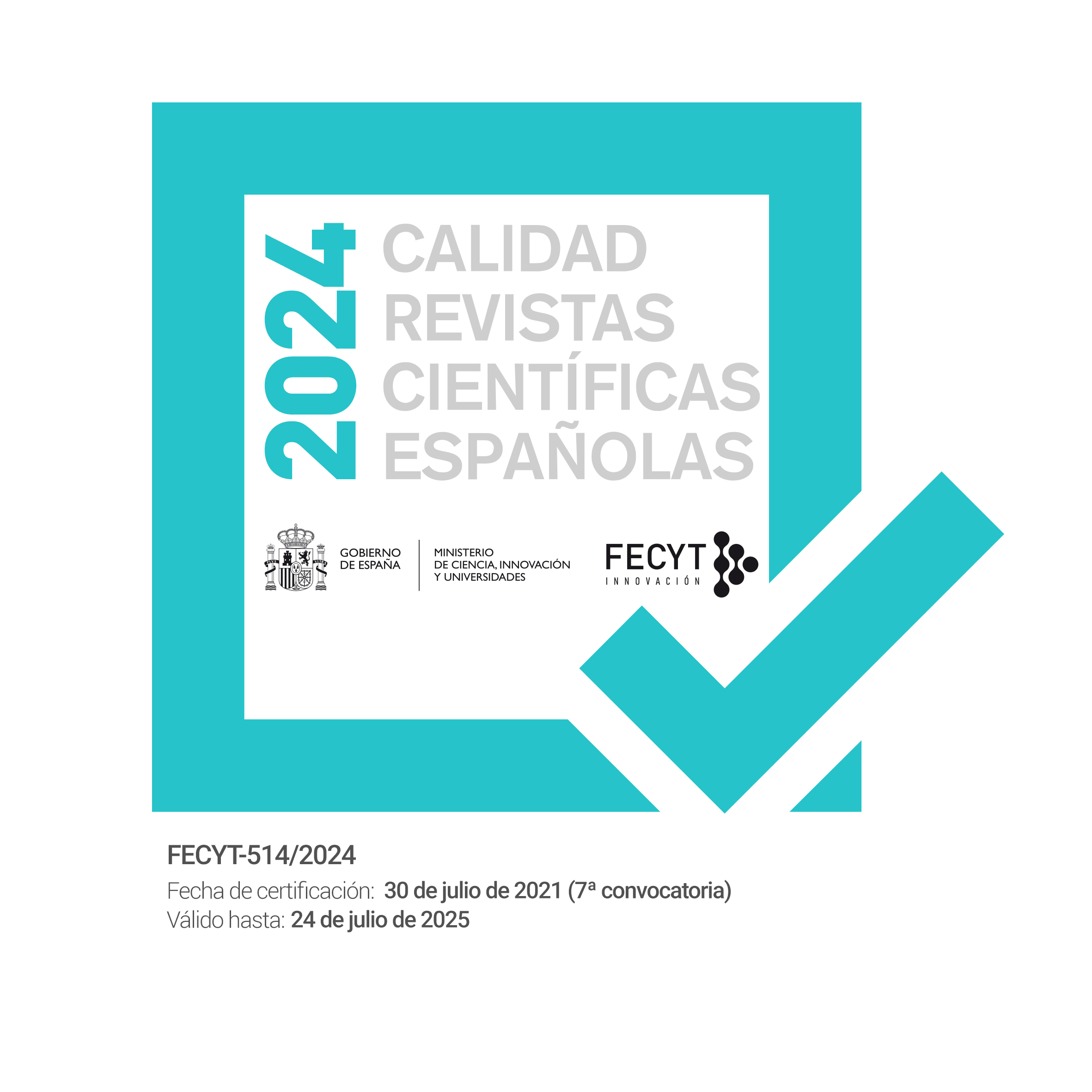“ONE NIGHTMARE REPLACES ANOTHER”: TRAUMA AND MOURNING IN THE AGE OF TERROR THROUGH PAUL AUSTER’S TRAVELS IN THE SCRIPTORIUM AND MAN IN THE DARK.
DOI:
https://doi.org/10.12795/REN.2023.i27.2Keywords:
9/11, Auster, trauma, U.S., war, terror, grief, exceptionalismAbstract
The terrorist attacks of September 11, 2001 sent Americans down a spiral of fear and anger that got an immediate response in the form of some of the most controversial legislative moves in the history of the nation, as well as the military interventions in Iraq and Afghanistan. The sense of invincibility that had dominated the American imaginary evaporated as the dreamlike chaos and anxieties of that day shaped the texts written by some of the renowned American novelists. Among them, Paul Auster with his post-9/11 texts Travels in the Scriptorium (2007) and Man in the Dark (2008), deals with the incommensurability of 9/11 through the anxieties produced by the physical and psychological trauma of two old men trapped in a room, where fiction poses as the way to escape the confinement and where matters of individual and historical memory merge with Auster’s critique of the U.S. War on Terror.
Downloads
References
AUSTER, Paul. Man in the Dark. Faber and Faber, 2008.
---. Travels in the Scriptorium. Faber and Faber, 2006.
BOULTER, Jonathan. Melancholy and the Archive: Trauma, History and Memory in the Contemporary Novel, Bloomsbury Publishing Plc, 2013.
BUSH, George W. “Address on the U.S. Response to the Attacks of September 11.” Miller Center University of Virginia, 21 Sept. 2001, www.millercenter.org/thepresidency/presidential-speeches/september-22-2001-address-us-response-attacksseptember-11
BUTLER, Judith. Frames of War: When Is Life Grievable? Verso, 2010.
CARUTH, Cathy. Unclaimed Experience: Trauma, Narrative, and History. Johns Hopkins University Press, 2016.
CIOCIA, Stefania, and Jesús A. González, editors. The Invention of Illusions: International Perspectives on Paul Auster. Cambridge Scholars Publishing, 2011
CVEK, Sven. Towering Figures: Reading the 9/11 Archive. Editions Rodopi, 2011.
FREUD, Sigmund. “Mourning and melancholia.” The Standard Edition of the Complete Psychological Works of Sigmund Freud, Volume XIV (1914-1916): On the History of the Psycho-Analytic Movement, Papers on Metapsychology and Other Works, edited by James Strachey, Hogarth Press, 1957, pp. 243–258.
HASHIM, Hazim Adnan, and Ruzbeh Babaee. “Trauma and Post-Traumatic Stress Disorder in Don Delillo's Falling Man.” International Letters of Social and Humanistic Sciences, vol. 54, 2015, pp. 1–7.
HUGONNIER, François. “Paul Auster’s Post-9/11 Writing.” Revue LISA/LISA e-journal. Littératures, Histoire des Idées, Images, Sociétés du Monde Anglophone–Literature, History of Ideas, Images and Societies of the English-speaking World, vol.18, no. 50, 2020.
KAPLAN, E. Ann. Trauma Culture: The Politics of Terror and Loss in Media and Literature. Rutgers University Press, 2005.
KAUFFMAN, Linda S. “The Wake of Terror: Don DeLillo’s ‘In the Ruins of the Future,’ ‘Baader-Meinhof,’ and Falling Man.” Mfs Modern Fiction Studies, vol. 54, no. 2, 2008, pp. 353–377.
LEE, Kathryn M. E. Fiction as Resistance: The Post-9/11 Novel as an Alternative to the Dominant Narrative. Dissertation. Massey University, 2012.
MARZILLIER, John S. The Trauma Therapies. Oxford University Press, 2014.
MCKAY, Jonathan Ross. Death Threat Letters: Allegories of American Authorship in the Age of Terrorism. 2011. Queen‘s University Ontario, PhD dissertation. QSpace: Queen’s Scholarship & Digital Collections.
MIHĂILĂ, Rodica, “Healing the Nation, Memorializing Trauma: Ground Zero and the Critique of Exceptionalism in the Recent American Novel.” Mapping Generations of Traumatic Memory in American Narratives, edited by Dana Milhǎilescu, et al., Cambridge Scholars Publishing, 2014, pp. 286–299.
NADEL, Ira. “White Rain: 9/11 and American Fiction.” Canadian Review of American Studies, vol. 45, no. 2, 2015, pp. 125–148.
NATIONAL COMMISSION on Terrorist Attacks upon the United States, et al. The 9/11 Commission Report: Final Report of the National Commission on Terrorist Attacks Upon the United States. Official government edition. National Commission on Terrorist Attacks upon the United States, 2004.
ROGOBETE, Daniela. “Political Dystopias and Hyperreal Alternatives in Paul Auster’s Man in the Dark.” Anale Universiţătii din Craiova, vol. 7, no. 2, 2011, pp. 280–286.
SIMONETTI, Paolo. “Loss, Ruins, War: Paul Auster’s Response to 9/11 and the ‘War on Terror.’” Ciocia and González, pp. 13–38.
THÉVENON, Marie. “Winter Journal: The Chronicles of an Author and his Characters’ Ageing Foretold.” The Seventh Age of Man: Issues, Challenges, and Paradoxes, edited by Muriel Cassel-Piccot and Geneviéve Lheureux. Cambridge Scholars Publishing, 2018, pp. 185–196.
VARVOGLI, Aliki. “‘The Worst Possibilities of the Imagination are the Country You Live In’: Paul Auster in the Twenty-First Century.” Ciocia and González, pp. 39–54.















